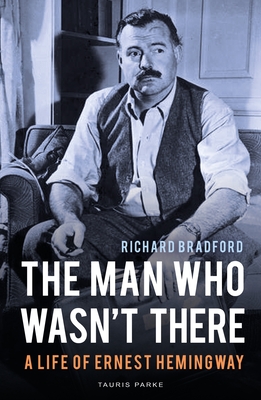What do you think?
Rate this book


352 pages, Paperback
Published November 3, 2020
An author's success in reframing and disguising reality as fiction presupposes an ability to consciously differentiate between the two. For Hemingway the boundaries between life and writing were sometimes poorly defined.(loc.90)Hem, the book implies, is borderline psychotic and of questionable sanity. I'd have liked far more sourced evidence and close analysis than is provided here to accept this.